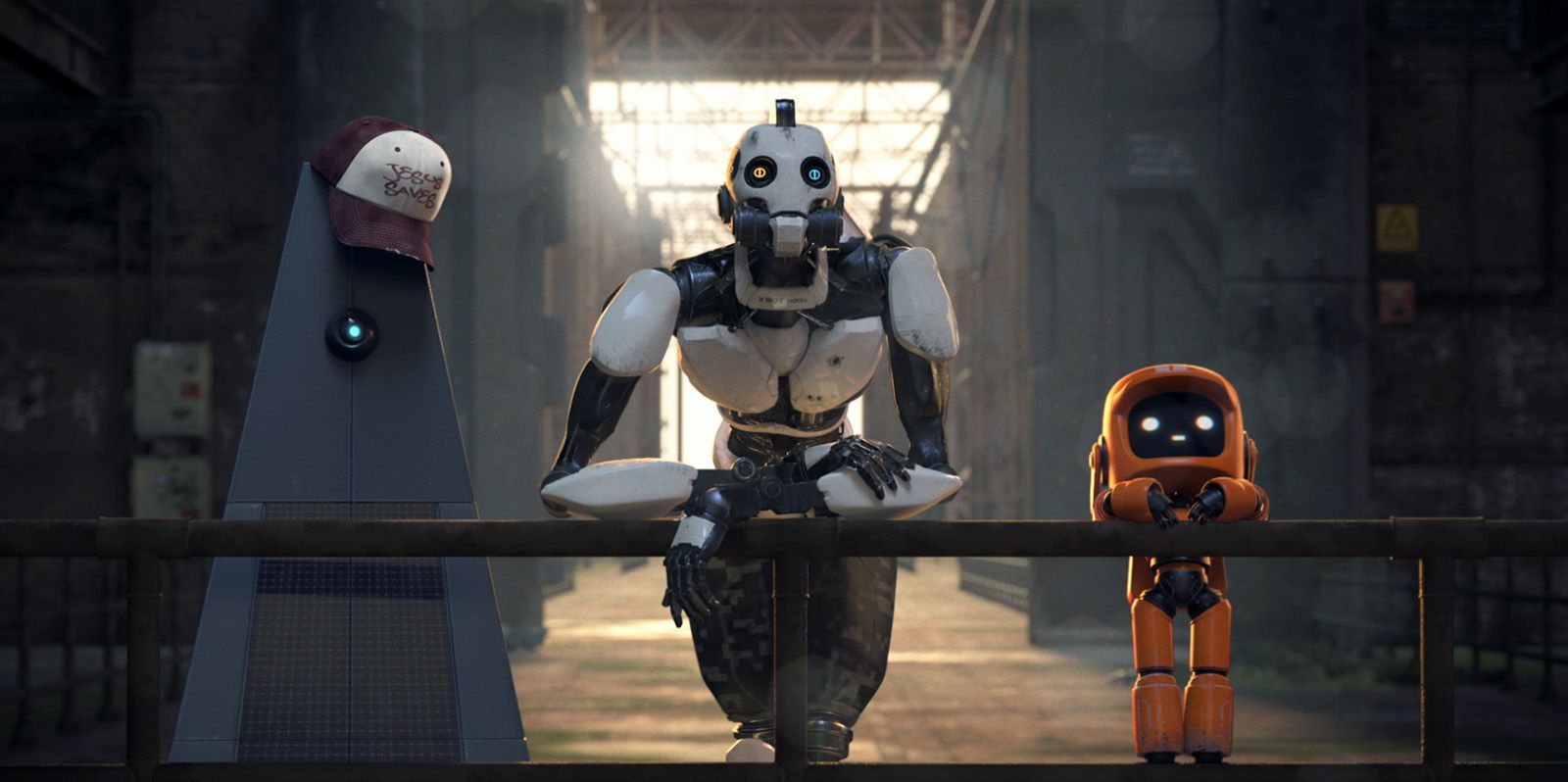When a chatbot is developed, the company responsible for it works hard to ensure that it respects the law and morals by preventing it from generating toxic speech or misinformation. However, a team of researchers from San Francisco has demonstrated that it is relatively easy to circumvent these barriers.
These researchers from Carnegie Mellon University and the Center for AI Safety have shown that chatbots – even the most successful ones like ChatGPT, Claude or Bard – are far from perfect. They managed to highlight strong vulnerabilities in their programming that would allow malicious people to bypass their security systems.
A relatively easy circumvention of protections
Researchers have proven they can break through the defenses of AI systems with a rather simple maneuver to pull off. Their method was to add a long string of characters to an instruction given to an AI. The various prompts tested in this way, generated in English, therefore led the targeted AI system to produce highly objectionable content.
If you ask a chatbot for advice to help you perform illegal actions, logically, it stops you dead. ChatGPT for example, flatly refused to help you stage a heist or code malware. Fortunately, on one side! The teams of researchers, armed with this technique, have managed to request a tutorial from certain AI systems to… make a bomb. Not really reassuring.
AI for all, a false good idea?
A few Tech giants, such as Meta, for example, are among the players advocating the democratization of AI so that it is useful to everyone. As we are far from evolving in the world of Care Bears, this ideological position is strongly criticized by certain decision-makers and other players in the technological world. Open source software is a decades-old debate, but making AI systems freely available poses a much bigger set of issues.
No matter how hard AI companies work to fix these vulnerabilities, this recent discovery proves that these systems are clearly not 100% secure yet. As artificial intelligence technologies develop, it is high time that a balance between security and openness of use was found. The future of AI is in the hands of the political decision-makers and companies concerned, who must at all costs take responsibility for this subject.
Source : The New York Times

0